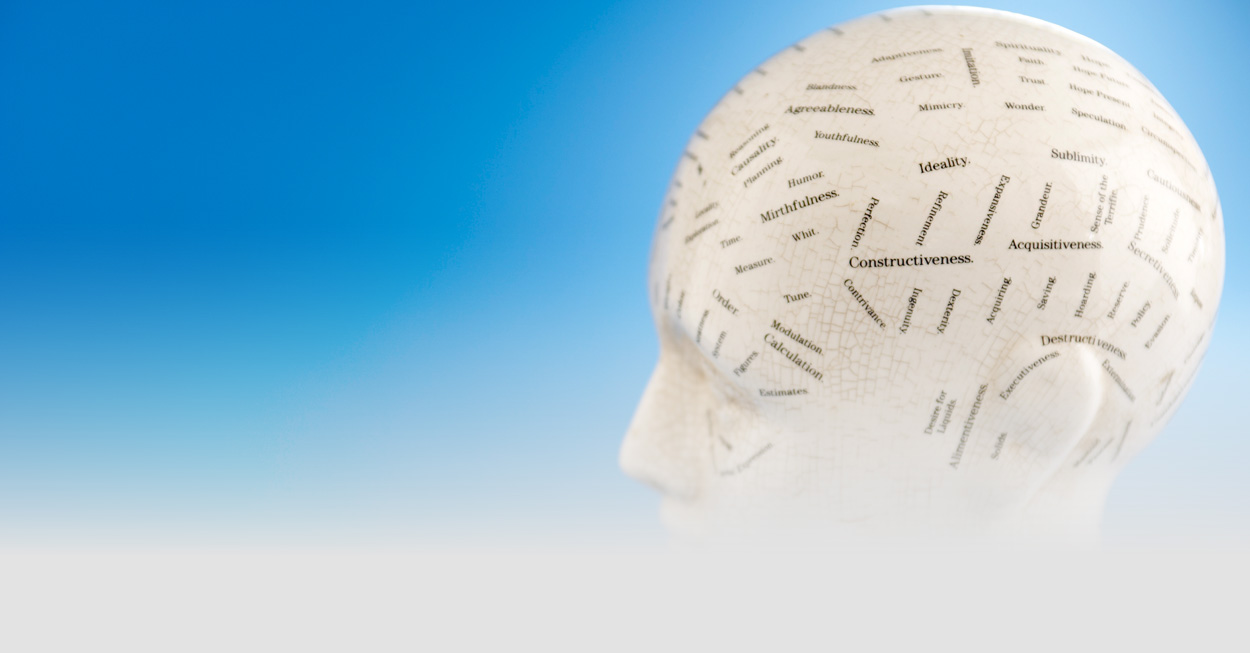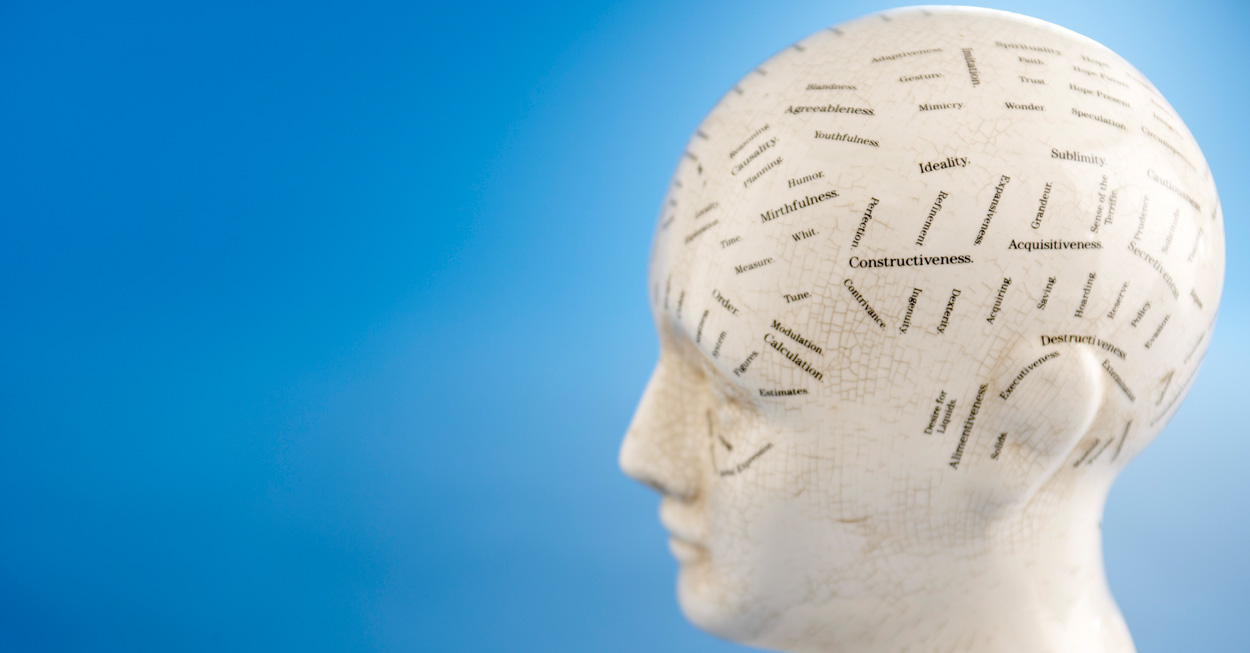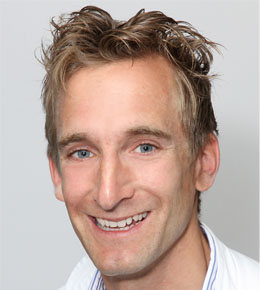

Our research focuses on the investigation of the genetic basis, systems neuroscience and paradigmatic therapy approaches in
- movement disorders (e.g. degenerative ataxias, in particular early-onset ataxias, neurometabolic diseases, and rare complex movement disorders)
- frontotemporal dementias and other complex dementias (e.g. FTD spectrum diseases, early-onset dementias, rare variants and complex presentations of Alzheimer’s Disease, genetic dementias)
- motor neuron diseases (Amyotrophic Lateral Sclerosis, in particular genetic variants; ALS-FTD spectrum diseases, lysosomal motor neuron diseases)
We use a broad spectrum of very different methods, reaching from recent next generation sequencing techniques and protein biomarker profiling to deep clinical phenotyping, neuropsychology and pioneering neurorehabilitative and neurogeriatric approaches.
The main goals and methods of our research group are focused on the following key domains.
Genetics
We aim to unravel the genetic basis and clinical, imaging and molecular features of complex movement disorders, hereditary ataxias (in particular recessive ataxias), dementias, and motor neuron diseases. To this end, we combine deep clinical phenotyping with recent next-generation sequencing techniques such as whole genome sequencing, whole exome sequencing, or targeted resequencing (“gene panels”). These investigations are conducted jointly with other research groups from our Section of Clinical Neurogenetics at the Hertie-Institute for Clinical Brain Research (Ludger Schöls/ Rebecca Schüle) as well as with the Tübingen-based Institute of Medical Genetics and Applied Genomics, University of Tübingen, Germany (Olaf Rieß/Peter Bauer) and the Center for Genomics and Transcriptomics (CEGAT; Saskia Biskup), the Helmholtz Center Munich (Tobias Haack, Holger Prokisch), and the John P. Hussman Institute for Human Genomics in Miami (Stephan Züchner).
Systems Neurology
Our research on the genetic basis of neurodegenerative diseases is complemented by our interest in the systems neurology of these diseases: Which functional neurological mechanisms cause the disturbances in motor, sensory and cognitive processing in movement disorders, dementias, and motor neuron diseases? And in particular: how do these systems interact to finally lead to the clinical presentation and the patients’ impairment in everyday living? To investigate these questions we exploit methods from motor and cognitive neuroscience, using novel experimental paradigms, elaborated quantitative movement analysis, and sensor-based recordings of motor behavior, fall patterns, and physical activity during daily living. These investigations are run in collaboration with research groups from the Hertie-Institute for Clinical Neuroscience (Axel Lindner), the Center for Integrative Neuroscience (CIN; Winfried Ilg/Martin Giese), and the Robert Bosch Krankenhaus Stuttgart (Clemens Becker/Jochen Klenk).
Novel therapy approaches
Our basic science research in genetics and systems neurology inspires our development of paradigmatic therapy approaches for neurodegenerative diseases. First targeted molecular therapy approaches and future clinical trials are currently systematically prepared by our research group. Innovative neurorehabilitative treatment approaches, informed by our systems neurology research, have already entered the clinical phase. For hereditary ataxias, we were able to show in a comprehensive series of different treatment studies that motor training leads to a slowing of disease progression. For constant, individually tailored daily training we used not only conventional motor training methods, but also exergames. These are whole body-controlled videogames which not only lead to a lot of fun, but also improve specific features of the movement disorder and, even more interestingly, of the underlying motor mechanisms. Here we are currently conducting training studies to improve gait, stance, fine motor skills, dysarthria, and dysphagia. These studies are performed jointly with research groups from the Center for Intergrative Neuroscience Tübingen (Winfried Ilg) and the Speech Neuroscience Unit of Melbourne university (Adam Vogel).

Center of Neurology
Hertie Institute for Clinical Brain Research
Department Neurodegenerative Diseases
Hoppe-Seyler-Straße 3
72076 Tübingen
Phone: +49 (0)7071 29-82060



